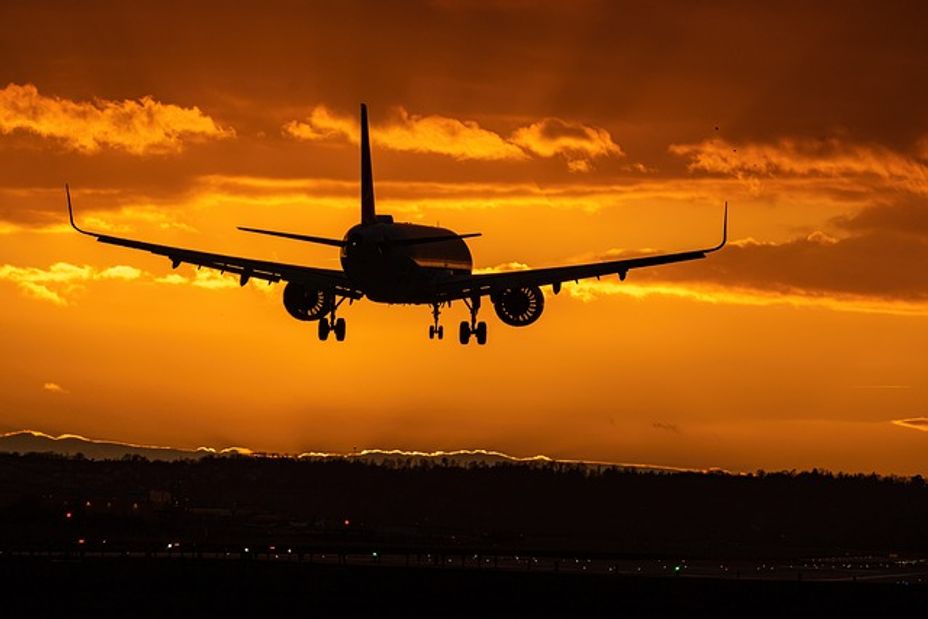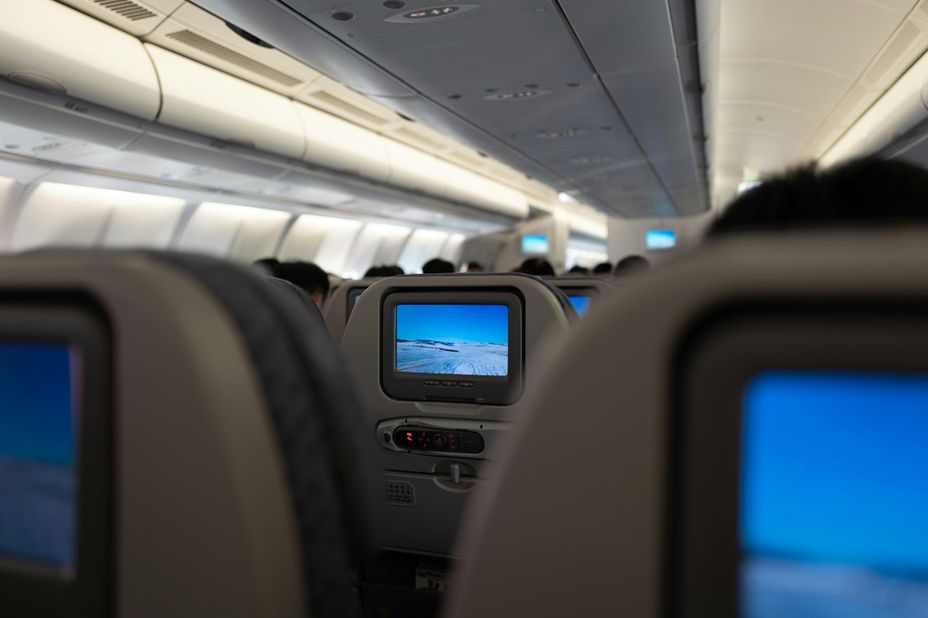Fear of Flying: Discouraged After the Air India Plane Crash?
How do you, as a fearful flier, not become discouraged after seeing a tragedy happen? It is of course sad and upsetting anytime things like this happen. The loss of life, the grief, even for people you've never met, it is painful and tragic. It makes sense to have these responses to tragedy, whether related to flying or otherwise.
The Validation of Fear and Flying Anxiety Setbacks
While there's not a full explanation available yet of what caused the Air India crash, any time someone who is afraid of flying hears about something like this happening it can be incredibly discouraging and increase flying anxiety, or decrease normalization (I've written extensively on the concept of normalization and overcoming fear of flying. Check out the blog on my website if you would like to read more on this topic).
When an incident happens, one of the reasons it can be easy to be discouraged is because a plane incident serves as validation for your worst fears. People I work with sometimes say to me, "See? It can happen. I should be scared to fly. What if that was me?" The validation of the fear, and the sense of "what if", makes someone with flying phobia feel that it is now much more likely to happen to them than before.
It becomes compounded by the fact that when something like this happens, videos are popping up everywhere for days and weeks to cover the one incident. In terms of how we internalize this, it can actually be experienced by the mind and body as more than one incident because there are so many videos repeatedly driving the incident in, while at the same time not taking in much positive about flying to work against it.
Every time you view a video your mind and body can internalize it as another negative interaction with flying and further reverse your normalization meter—making it feel like the danger to flying is more normal than the safety of flying. Even if you "know" it's still largely safer to fly than drive, the validation of the fear and the repeated exposure to the one incident can start to make it "feel" more dangerous than it is.
Maintaining Normalization and Finding Perspective
It is much easier to locate coverage about negative incidents than positive ones when it comes to flying. Obviously, this is for good reason—why would people post every time planes take off and land without incident? The same day the Air India crash happened, if you watched one video for every single plane that took off and landed in the world, you would have gone through the whole entire day not being able to watch them all. And you would have likely become bored out of your mind after the first hour or two of watching these videos. However, while the Air India crash is still an awful incident, had you watched a hundred thousand-plus planes take off and land the same day, it would have likely created some internal perspective to place alongside the tragedy.
This is the reason that you can hear about fatal car crashes and then immediately after still get into your car and drive—or even hear about them while you're driving and still not suddenly become scared being in the car. Not only do you possibly feel more in control by driving than you might feel in the cabin of a plane, but you're likely so normalized to driving by doing it all the time and seeing other cars on the road not crashing all the time, that when you hear about fatal car crashes it likely doesn't discourage you from driving or dent the routine nature of it you've internalized over time.
Emotionally Managing Risk
The validation of your fear after an airplane incident becomes the biggest internal punch to have to contend with. In spite of the more publicized flying incidents recently, flying isn't really less safe, and isn't more likely to end in tragedy than before. But the validation of your fear after something like this really increases that feeling that you were right, and that your level of fear is valid and reasonable. (I've also noticed a great increase in the coverage of private plane flying incidents being unfairly treated as if it's on equal footing and lumped in with commercial airline flying. This makes people feel like airline passenger plane incidents are happening all the time which isn't helping matters for people with flying anxiety).
One of the many normalization exercises I developed for people to work on as part of overcoming fear of flying is called the Fear of Flying Mindset. This asks people to list all the things they do every day that have risk (this exercise, when done effectively, helps create perspective and normalization on risk). People are often surprised to learn how many things they do every single day that in their absolute worst moments can have tragic results.
But a big difference is, most of these things—such as eating, for one example—people don't tend to already fear. So if you hear of a person choking, you don't suddenly fear eating. Also because your daily interaction with eating without choking has normalized eating for you. You have internalized reasonable perspective. So even when an incident happens, it doesn't tend to put a dent in your ability to still interact with these things that also have risk in their worst possible moments.
Keeping Perspective
When you already experience flying anxiety, flying doesn't have this same perspective for you. Remember, the point of overcoming fear of flying has never been to convince yourself that there is no world in which bad things happen once in a great while. Overcoming fear of flying and flying anxiety is all about emotionally aligning yourself with the routine reality of flying. When you fear flying, it's very common to experience flying as much more risky and dangerous than it really is—almost like it's a 50/50 chance you'll be okay, which is one of the reasons people can feel like they just got lucky when they land.
When you see an incident like Air India happen, if you are afraid of flying already, it gives you reason to believe you were right about these odds, spiking your fear. But for those who are normalized to flying and have internalized a reasonable sense of the routine nature of it, it is likely to elicit feelings of sadness and upset for the loss and tragedy, but as far as fear goes, it's more aligned with hearing about car crashes before you get in your car. You may know once in a while stuff happens (a whole lot more with driving than flying), but emotionally you recognize the tragedy was the exception to the normal routine.







